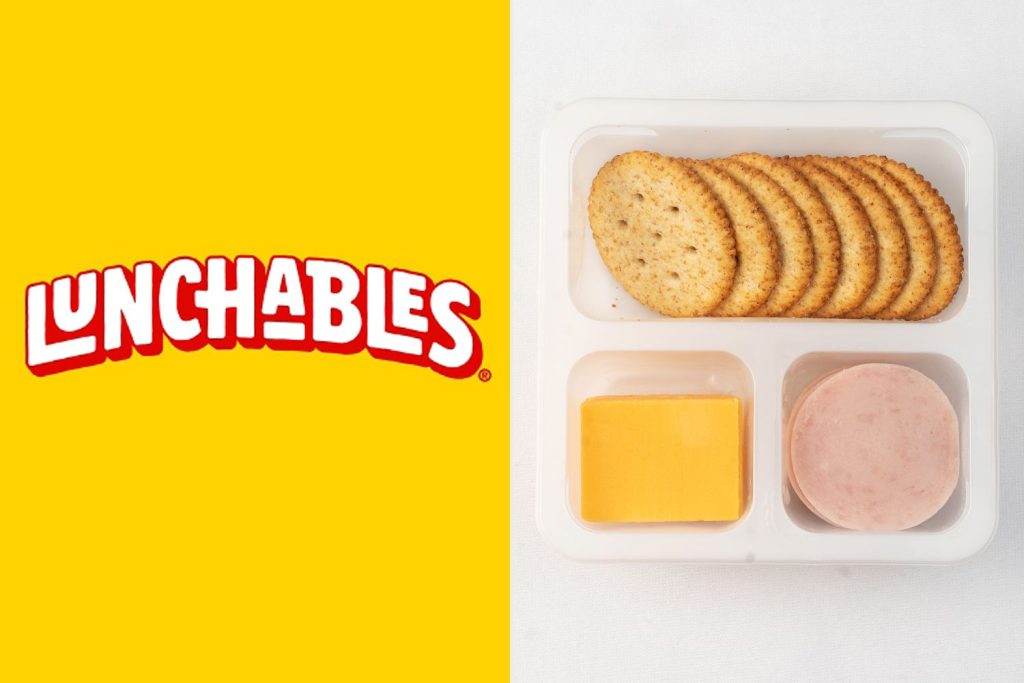Lunchables, the prepackaged lunch and snack kits adored by kids for their convenience and variety, have come under scrutiny due to concerning levels of lead and sodium, as reported by Consumer Reports. This article delves into the findings of the report, explores the implications for children’s health, and provides insights for parents navigating the landscape of convenient snack options.
The Consumer Reports Findings: Consumer Reports conducted tests on Lunchables and similar lunch kits, revealing troubling levels of lead and sodium. While none of the products exceeded legal limits, several contained significant amounts of lead, raising concerns about potential health risks, particularly for children. The report highlights the need for greater awareness and scrutiny of processed food products marketed to kids.
Understanding the Health Risks: Excessive consumption of processed meats, a primary ingredient in many Lunchables products, has been linked to an increased risk of certain cancers. Additionally, elevated levels of lead and sodium pose health risks, especially for children’s developing bodies. Lead exposure can lead to developmental issues, while excessive sodium intake is associated with hypertension and other cardiovascular problems. These findings underscore the importance of mindful food choices for children’s health and well-being.
Navigating Nutritional Choices: Parents often face challenges in balancing convenience with nutrition when selecting snacks and lunches for their children. While Lunchables offer convenience, their nutritional value is questionable, given their high sodium and processed meat content. As such, parents are encouraged to explore healthier alternatives, such as fresh fruits, vegetables, whole grains, and lean proteins, to ensure their children receive adequate nutrition without compromising on taste or convenience.
Industry Response and Accountability: In response to the Consumer Reports findings, Kraft Heinz, the manufacturer of Lunchables, defended the brand’s nutritional profile and highlighted efforts to improve its products’ nutrition. However, questions remain about the adequacy of these measures and the broader responsibility of food manufacturers in promoting healthier food choices for children. Greater transparency, accountability, and collaboration between food companies, regulators, and health advocates are essential to safeguarding children’s health.
Empowering Parents and Educating Consumers: As consumers, parents have the power to influence food choices and demand greater transparency from food manufacturers. By prioritizing whole, minimally processed foods and advocating for clearer labeling and stricter regulations, parents can make informed decisions about the foods they provide to their children. Additionally, education initiatives aimed at promoting nutritional literacy and empowering families to make healthier choices are crucial in combating childhood obesity and related health issues.
The revelations about Lunchables’ concerning levels of lead and sodium serve as a wake-up call for parents and consumers alike. While convenience is important, it should not come at the expense of children’s health. By prioritizing nutritious, whole foods and advocating for greater transparency and accountability in the food industry, parents can play a pivotal role in promoting a healthier future for their children. Together, we can create a food environment that nurtures children’s well-being and empowers families to make informed choices for a brighter, healthier tomorrow.
